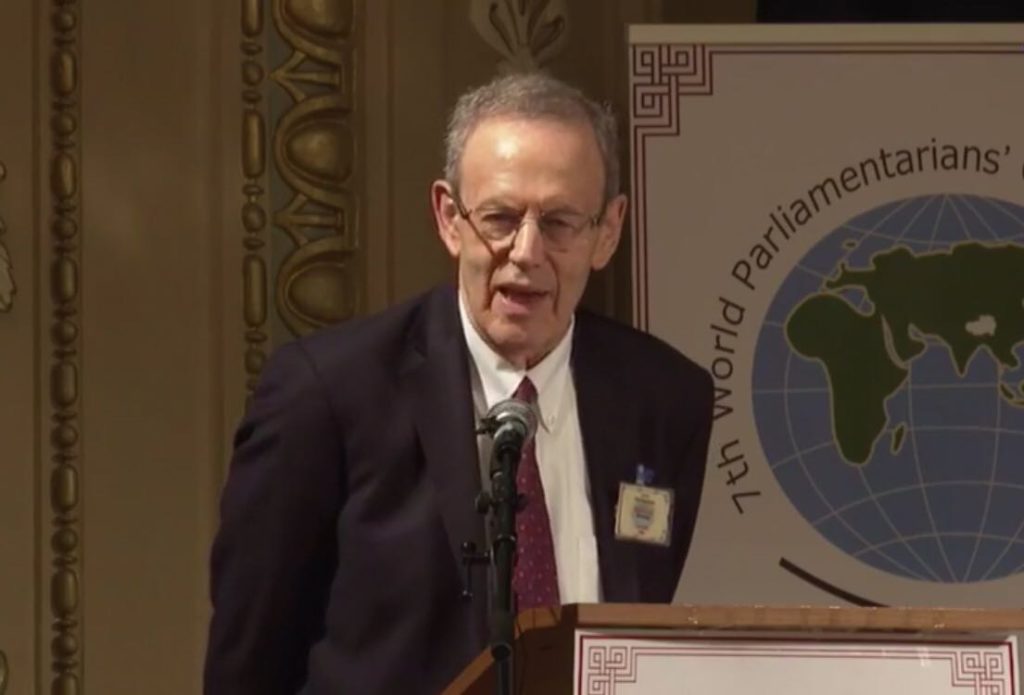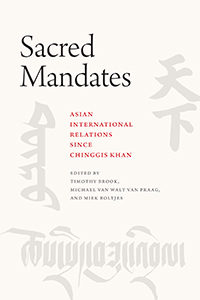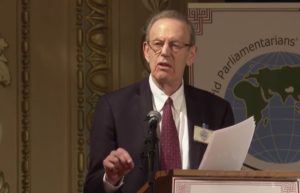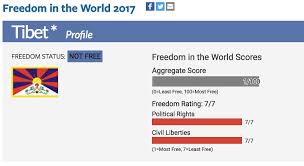
China has been running global influence campaigns for years, analysts suggest, noting that pro-China protests ahead of the 2008 Beijing Olympics were orchestrated by Beijing’s intelligence officials and designed to drown out protests by Tibetan and other minority groups.
 Tibet has historically never been part of China, having been invaded in violation of international law and has since been under illegal occupation by China, and consequently Tibet has not lost its Statehood under international law, according to the Riga Declaration, adopted by the 7th World Parliamentary Convention on Tibet. which met 7-10 May 2019, in Riga, Latvia. Delegates adopted the declaration to, among other things:
Tibet has historically never been part of China, having been invaded in violation of international law and has since been under illegal occupation by China, and consequently Tibet has not lost its Statehood under international law, according to the Riga Declaration, adopted by the 7th World Parliamentary Convention on Tibet. which met 7-10 May 2019, in Riga, Latvia. Delegates adopted the declaration to, among other things:
Express solidarity with the Tibetan people in their non-violent struggle for their rights including their right to self-determination;
Deplore the assaults on the Tibetan culture, language, religious practice and way of life of Tibetans, as well as the continued population transfer of Chinese into Tibet, which gravely impacts these and other aspects of the Tibetan identity;
Express concern at the increasing security measures taken in Tibet that curtail the freedom of expression, religion and movement of the Tibetans;
Recognize that the Middle Way Approach is the most viable approach to peacefully resolve the Sino-Tibetan conflict; and endorse the principles set out in the Memorandum on Genuine Autonomy for the Tibetan People, which provide the basis for a realistic and sustainable political solution to the issue of Tibet;
Call on parliaments and governments to challenge and impede the PRC Government’s use of sharp power to manipulate and divide societies and its abuse of cyber space…RTWT
 On no historical issue is the regime more vulnerable than the history of its invasion, occupation, and annexation of Tibet, said the National Endowment for Democracy’s Carl Gershman. When it rejected the Dalai Lama’s Middle Way Approach, the regime said that it would not speak with His Holiness until he acknowledges that Tibet has been a part of China since antiquity, he told the convention in Riga, outlining A Strategy for the International Defense of Tibet.
On no historical issue is the regime more vulnerable than the history of its invasion, occupation, and annexation of Tibet, said the National Endowment for Democracy’s Carl Gershman. When it rejected the Dalai Lama’s Middle Way Approach, the regime said that it would not speak with His Holiness until he acknowledges that Tibet has been a part of China since antiquity, he told the convention in Riga, outlining A Strategy for the International Defense of Tibet.
Reps. James P. McGovern (D-MA) and Christopher H. Smith (R-NJ) have released a bipartisan letter to Secretary of State Mike Pompeo, signed by 32 Members of Congress, urging the Trump Administration to promptly implement key legislation passed by Congress to guide United States policy on Tibet, the Tom Lantos Human Rights Commission reports:
 Congress has passed legislation to address the lack of respect for human rights in Tibet. The Tibet Policy Act of 2002 urges the president of the United States to encourage direct dialogue between the government of the People’s Republic of China and representatives of His Holiness the Dalai Lama. The 2018 Reciprocal Access to Tibet Act requires the State Department to monitor the access that American diplomats, journalists and citizens are granted to Tibetan areas of China. Chinese officials identified as responsible for restricting access become ineligible for admission to the United States. The letter urges robust implementation of both laws.
Congress has passed legislation to address the lack of respect for human rights in Tibet. The Tibet Policy Act of 2002 urges the president of the United States to encourage direct dialogue between the government of the People’s Republic of China and representatives of His Holiness the Dalai Lama. The 2018 Reciprocal Access to Tibet Act requires the State Department to monitor the access that American diplomats, journalists and citizens are granted to Tibetan areas of China. Chinese officials identified as responsible for restricting access become ineligible for admission to the United States. The letter urges robust implementation of both laws.
In its latest Freedom in the World report, Freedom House ranked Tibet as among the least free places in the world, in the company of states like Syria, South Sudan, Eritrea, Turkmenistan and North Korea.







